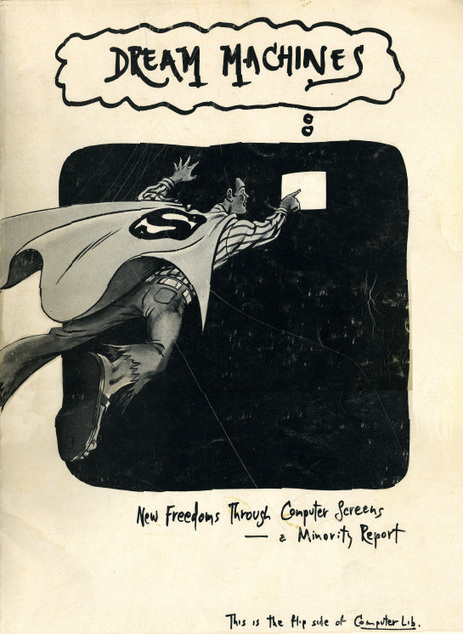The Earth's rotation is slowing down, and we're just going to have to deal with it, ok?
...The changes add up—on average, the Earth’s rotation slows by two-thousandths of a second a day—which is why, since the first leap second in 1972, the world’s timekeepers at the International Earth Rotation Service in France add a "leap second" to the year every so often. The world’s 26th leap second ever will be added this year, on June 30, 2015, when the second hand of the clock will essentially strike midnight twice.
According to The Telegraph, this poses major hassles for software and computing companies that rely on precise time keeping. Usually, systems around the world stay in sync with each other using a system called the Network Time Protocol, which is programmed to stay within a few milliseconds of Coordinated Universal Time—the official scientific time for the world as measured by atomic clocks. But the protocol doesn’t deal well with leap seconds. The last leap second in 2012, for example, caused sites like Mozilla, Yelp, and Reddit to crash and problems with Linux operating systems—like a mini-version of the Y2K bug....



 Your new post is loading...
Your new post is loading...









aggiungi la tua intuizione ...